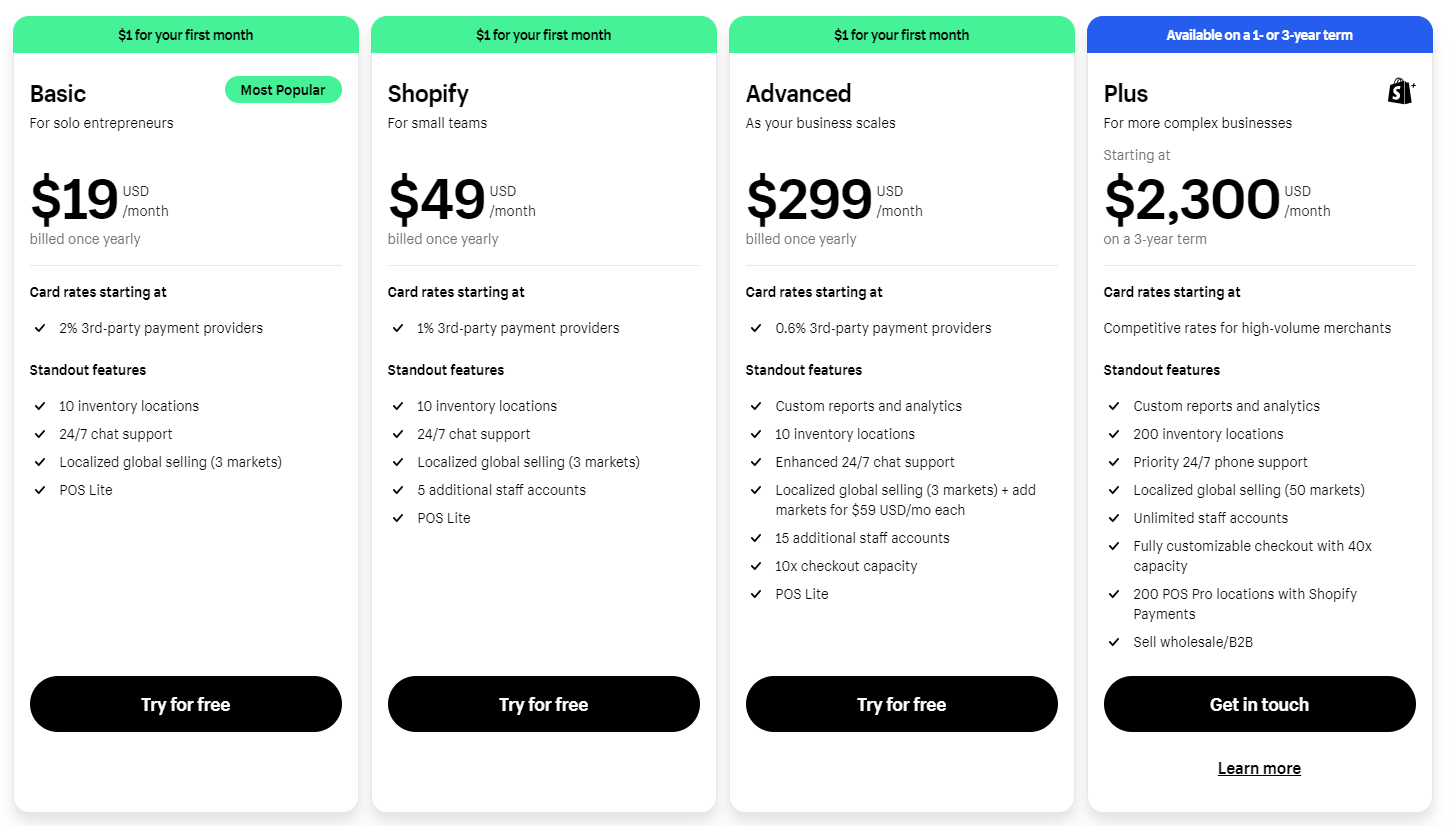
Incorporating your business is a significant step that can have far-reaching implications for your company’s future. The state you choose for incorporation plays a crucial role in determining the legal and financial aspects of your business.
In this guide, we will explore the best states to incorporate your business in 2023, the process of incorporation, the benefits of doing so, and essential factors to consider when selecting a state for incorporation.
How to Incorporate Your Business
Incorporating your business involves several key steps, regardless of the state you choose. Here’s a general overview of the process:
- Choose a Business Structure: Decide on the legal structure for your business, such as a corporation or a limited liability company (LLC).
- Select a State for Incorporation: Research and choose the state where you want to incorporate your business. The choice of state can have a significant impact on your business operations.
- Name Your Business: Select a unique and legally compliant name for your business. Ensure it complies with the naming requirements of the chosen state.
- Appoint a Registered Agent: Designate a registered agent in the state of incorporation who will receive legal documents on your behalf.
- File Articles of Incorporation: Prepare and file the Articles of Incorporation with the appropriate state agency. This document formally establishes your business as a legal entity.
- Create Corporate Bylaws or an Operating Agreement: Develop internal rules and regulations that govern how your business will operate.
- Hold Organizational Meetings: Conduct initial meetings and issue shares if you’re forming a corporation or membership interests for an LLC.
- Obtain Necessary Permits and Licenses: Depending on your business type and location, you may need various permits and licenses.
- File for an Employer Identification Number (EIN): Apply for an EIN with the IRS for tax purposes.
- Comply with Ongoing Requirements: After incorporation, maintain compliance with state and federal requirements, including annual filings, reports, and taxes.
Benefits of Incorporating a Business

Incorporating your business offers numerous advantages, including:
Limited Liability Protection
Incorporating your business shields your personal assets from business debts and liabilities. If your business faces financial difficulties or legal issues, your personal assets, such as your home and savings, are generally protected.
Credibility and Professionalism
Incorporated businesses often gain credibility and appear more professional to customers, partners, and investors, which can enhance your company’s reputation.
Access to Capital
Corporations can more easily raise capital by selling shares of stock. This makes it attractive to investors, potentially leading to increased funding opportunities.
Perpetual Existence
Incorporated businesses have perpetual existence, meaning the company can continue to exist regardless of changes in ownership or management.
Tax Advantages
Incorporated businesses may have access to various tax benefits, depending on the state of incorporation.
Things to Consider When Choosing a State to Incorporate
Selecting the right state for incorporation is a pivotal decision. Here are some factors to consider:
- Business Type: The type of business structure you choose (e.g., corporation, LLC, etc.) can affect your choice of state, as each state has unique rules and regulations governing different business structures.
- Business Activities: Consider the nature of your business activities. If you plan to operate in multiple states, some states may be more favorable for specific industries or business activities.
- State Taxation: Different states have varying tax laws, including corporate income tax rates, franchise taxes, and sales taxes. Research the tax implications in your state of choice.
- Legal Environment: Consider the legal environment in your chosen state, including the ease of doing business, regulations, and the state’s legal system.
- Costs: Incorporation fees, annual reporting fees, and other related costs can differ from state to state.
- Accessibility: Consider the convenience of conducting business in your chosen state, including proximity to suppliers, customers, and your target market.
- Reputation: Some states, like Delaware, are known for being business-friendly and having well-established legal systems for corporate matters.
The Best States for Incorporation

1. Delaware
Advantages:
- Business-Friendly Laws: Delaware is famous for its business-friendly legal environment, including well-established corporate laws and specialized courts.
- Privacy: Delaware offers privacy for corporate directors and shareholders, as it does not require the public disclosure of director names in the formation documents.
- Tax Benefits: Delaware does not impose state income tax on corporations not operating within the state, making it attractive for out-of-state businesses.
Disadvantages:
- Costs: Incorporating in Delaware can be more expensive than in some other states due to higher filing fees and annual franchise taxes.
- Distance: If your business operates primarily in a different state, the distance from Delaware may present logistical challenges.
2. Nevada
Advantages:
- Asset Protection: Nevada offers strong asset protection, making it a preferred choice for those concerned about liability protection.
- Privacy: Nevada does not require the disclosure of shareholder or officer information, offering privacy for business owners.
- Tax Benefits: Nevada does not have corporate income tax or franchise tax, making it a tax-efficient choice.
Disadvantages:
- Annual Reporting: Nevada has relatively high annual reporting requirements, which can be burdensome for some businesses.
- Distance: For businesses primarily operating outside of Nevada, the geographical distance may be a challenge.
3. Wyoming
Advantages:
- Low Costs: Wyoming offers low filing fees and annual maintenance costs, making it an affordable choice for incorporation.
- Privacy: Wyoming does not require the public disclosure of member or manager information.
- Tax Benefits: Wyoming does not have corporate income tax, franchise tax, or personal income tax.
Disadvantages:
- Geographical Location: Similar to Delaware and Nevada, the distance from Wyoming may be a concern if your primary business operations are in a different state.
- Limited Case Law: Wyoming may have limited case law, which can make it less predictable in certain legal matters.
Incorporation Beyond State Borders
While choosing the right state for incorporation is crucial, it’s essential to recognize that your business can operate in multiple states, regardless of where it is incorporated. This may require registering as a foreign corporation in states where you conduct business.
Tax Benefits of Incorporating Your Business
Incorporating your business can provide several tax benefits, depending on the state of incorporation and your specific business activities. These benefits may include reduced state income taxes, sales tax advantages, and eligibility for certain tax credits and deductions.
Protecting Personal Assets Through Business Incorporation
One of the most significant advantages of incorporating your business is the protection of personal assets. By forming a legal entity, such as a corporation or LLC, your personal assets are shielded from business debts and liabilities.
This means that in case of financial difficulties or legal issues, your home, personal savings, and other assets are generally safe from being used to cover business debts.
Attracting Investors by Forming a Corporation
Incorporating your business as a corporation can make it more attractive to investors. The issuance of shares of stock allows you to raise capital by selling ownership stakes in the company. This ability to bring in investors can be a significant advantage for businesses looking to expand and grow.
Frequently Asked Questions
Do I have to incorporate in my home state?
Incorporating in your home state is a common choice, but it’s not mandatory. You can choose to incorporate in any state, and the best state for incorporation often depends on your business’s specific needs and goals.
What’s the difference between an LLC and a corporation?
Both LLCs and corporations provide limited liability protection, but they have differences in management, taxation, and ownership structure. LLCs are more flexible in these aspects, while corporations have a more structured and formal setup.
Do I need a lawyer to incorporate my business?
While it’s not legally required to have a lawyer, consulting with an attorney can be beneficial, especially when dealing with complex legal matters, drafting bylaws or operating agreements, and ensuring compliance with state laws.
How long does it take to incorporate a business?
The time it takes to incorporate a business varies by state, ranging from a few days to several weeks. The complexity of your business structure and the state’s processing times can impact the duration.
Can I change the state of incorporation later?
Yes, it’s possible to change the state of incorporation through a process known as domestication or reincorporation. However, it may involve additional paperwork and fees.
What Is EcomBalance?

EcomBalance is a monthly bookkeeping service specialized for eCommerce companies selling on Amazon, Shopify, Ebay, Etsy, WooCommerce, & other eCommerce channels.
We take monthly bookkeeping off your plate and deliver you your financial statements by the 15th or 20th of each month.
You’ll have your Profit and Loss Statement, Balance Sheet, and Cash Flow Statement ready for analysis each month so you and your business partners can make better business decisions.
Interested in learning more? Schedule a call with our CEO, Nathan Hirsch.
And here’s some free resources:
- Monthly Finance Meeting Agenda
- 9 Steps to Master Your Ecommerce Bookkeeping Checklist
- The Ultimate Guide on Finding an Ecommerce Virtual Bookkeeping Service
- What Is a Profit and Loss Statement?
- How to Read & Interpret a Cash Flow Statement
- How to Read a Balance Sheet & Truly Understand It
Conclusion
Selecting the best state for incorporating your business is a decision that should be made with careful consideration of your business goals, legal requirements, and financial considerations. Delaware, Nevada, and Wyoming are among the top choices for business incorporation in 2023, each offering distinct advantages and disadvantages.
Ultimately, the state you choose can have a significant impact on your business’s legal framework, taxation, and overall success. To make an informed decision, it’s advisable to consult with legal and financial professionals who can guide you through the process and help you determine the best state for your specific business needs.









